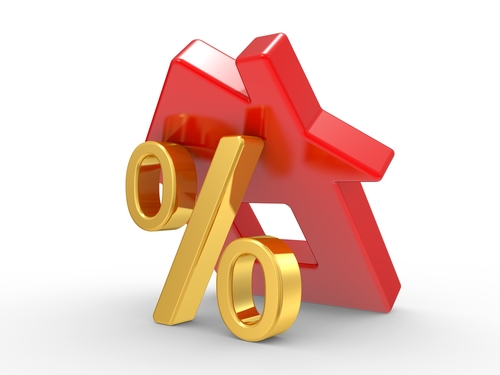
The widely expected "speed limits" to be placed on high loan to value lending by the Reserve Bank will likely produce a split in the pricing of mortgages, according to Westpac economists.
The RBNZ has indicated it is looking at such "speed limits" in order to protect financial stability and also in an effort to take some heat out of the rising house market. See articles on LVRs here.
ANZ economists have said they think an announcement on LVRs could be made this week.
In Westpac's latest monthly "Home Truths" publication, senior economist Michael Gordon said the RBNZ's proposed approach would mean that high-LVR lending (i.e. above 80%) was likely to be rationed via price, in the form of either higher interest rates or a higher low-equity premium.
"But those borrowers who can muster a deposit of 20% or more may enjoy lower mortgage rates than otherwise, as lenders are likely to compete harder for this limited pool of customers," he said.
"So some potential buyers - more likely to be first-timers - will be shut out of the market. But for those who can provide a large enough deposit, their willingness to pay is unaffected by LVR restrictions - if anything, lower interest rates for low-LVR loans would leave them willing to pay more than otherwise."
Gordon said he suspected therefore that, over time, house prices would be bid up to much the same levels as they would in the absence of LVR restrictions - perhaps at a slower pace, with fewer competing bidders, but ultimately reaching a similar end-point.
"In the short term, though, it's very likely that there would be some 'sticker shock' after LVR restrictions are introduced."
Overseas experience had been that house sales fell sharply, and house prices and household credit rose at a slower pace, in the 3-6 months after LVR rules were tightened.
"We fully expect to see a similar slowdown in the months following the imposition of any LVR limits here."
But Gordon said that any such "short-term impact" wouldn't change Westpac economists' "overarching views" on the housing market, nor should it be taken as a sign that LVR limits could 'fix' the housing cycle.
"Overseas experience also suggests two other outcomes: that the impact of macro-prudential tools tends to be short-lived, and that measures that affect the cost of buying a house tend to be more effective than restrictions on quantity. "
It was ultimately financial factors, such as interest rates, that determined the level to which house prices would gravitate, Gordon said.
3 Comments
Financial Stability - would a bureaucrat or Politician understand the word?
It appears Fascism is alive and well in NZ - State knows best......Bureaucrats and Public Servants are the new militia.....their tools are legislation and policy.
As opposed to the free market which as legislation has been withdrawn has shown its true colours and made an even bigger mess.
regards
I don't think you understand what a free market is. Legislation and policy that has the effect of price manipulation and interferes with the supply of goods and services is where the problems are.

We welcome your comments below. If you are not already registered, please register to comment
Remember we welcome robust, respectful and insightful debate. We don't welcome abusive or defamatory comments and will de-register those repeatedly making such comments. Our current comment policy is here.